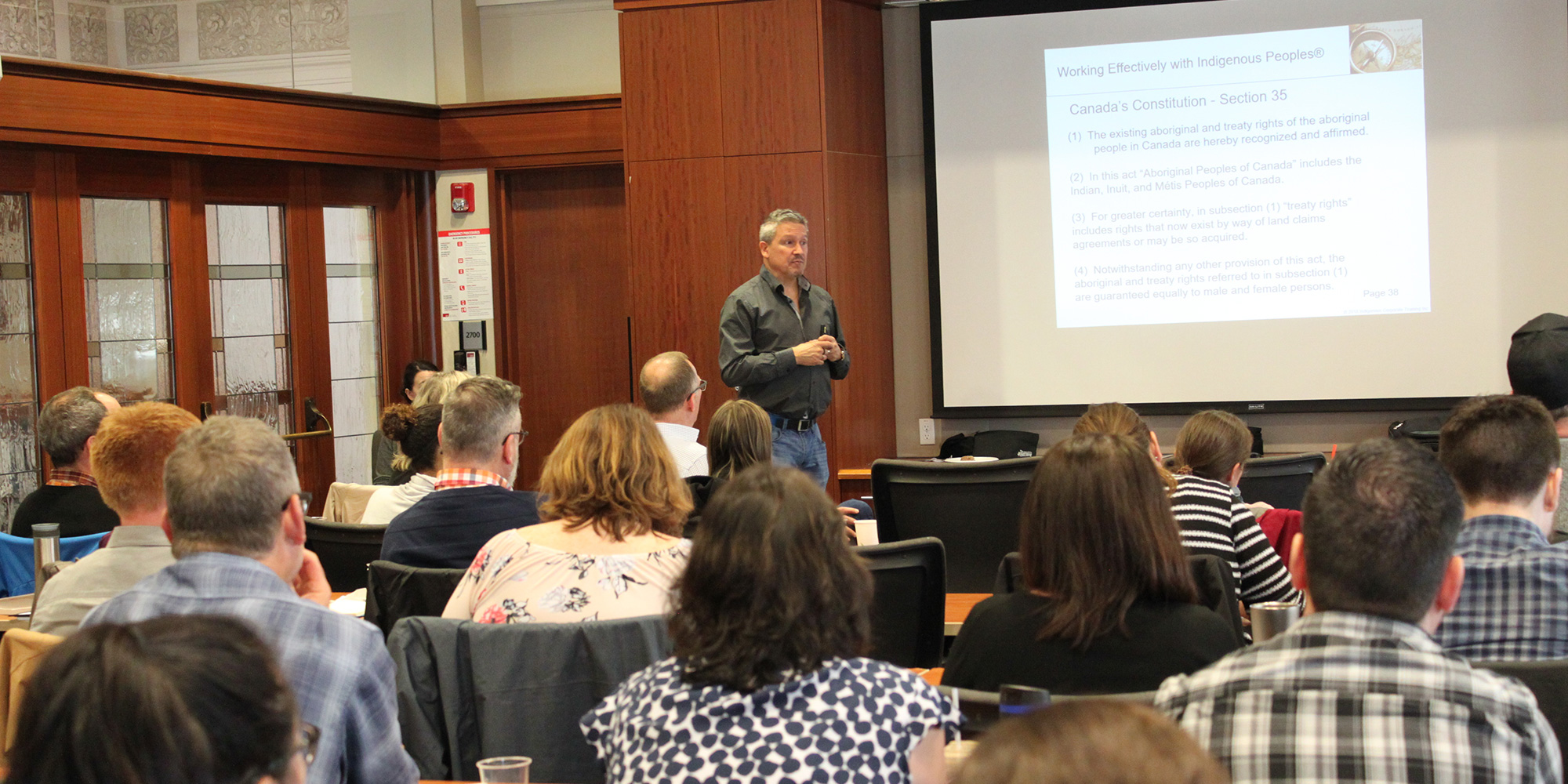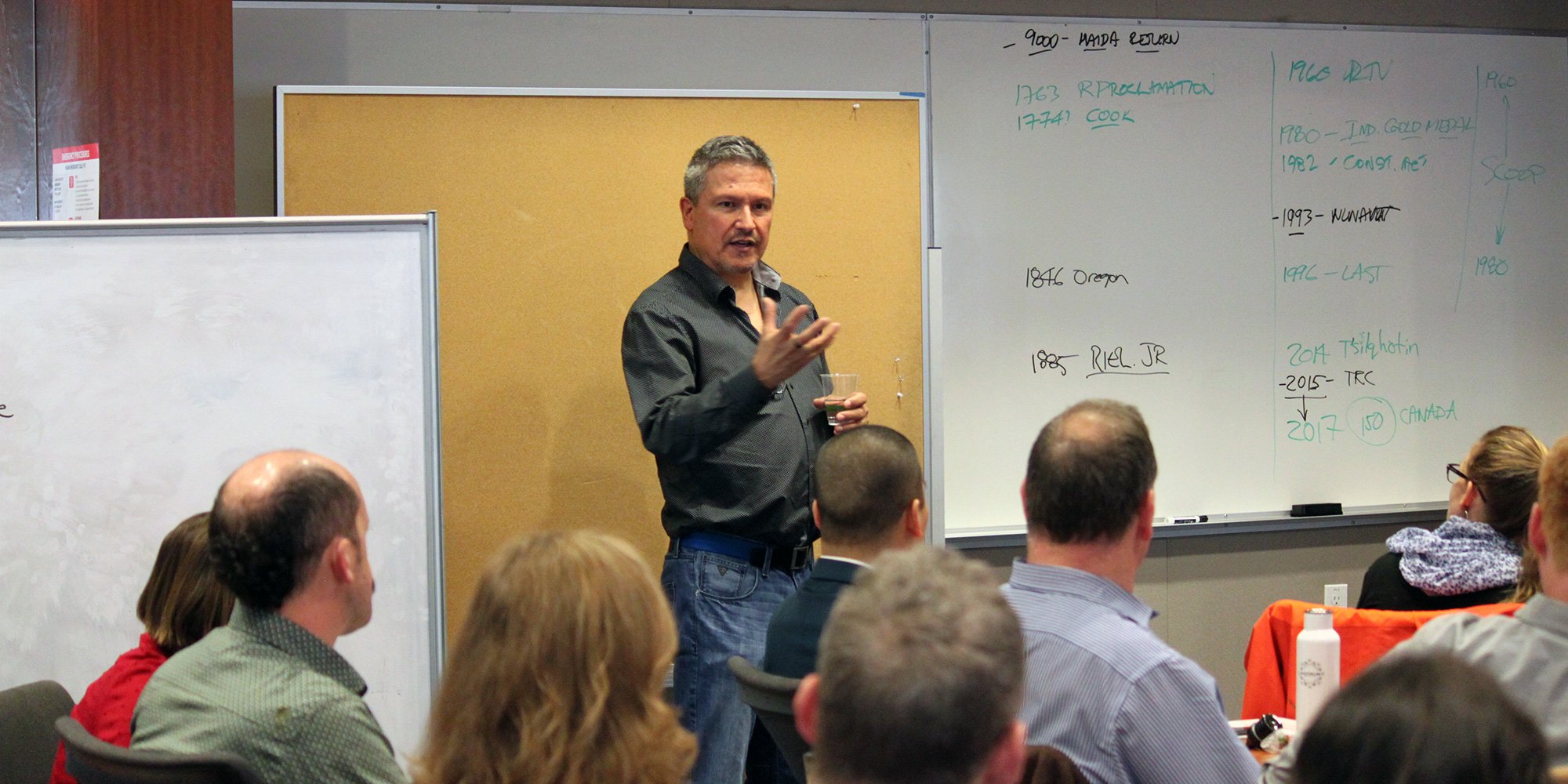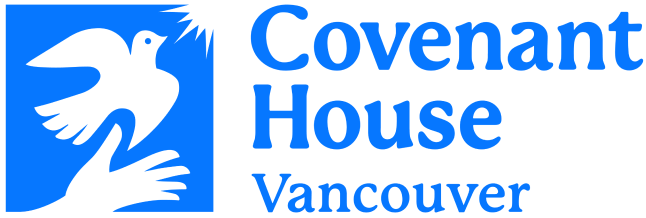Indigenous Cultural Competency Trainer Criteria
The Truth and Reconciliation Commission’s 94 Calls-to-Action (CTAs) are galvanizing the government, corporate and private sectors in Canada to learn...

The term "cross-cultural training" refers to training courses that develop an awareness between people where a common cultural framework does not exist or is not recognized.
This article looks at cross-cultural training in the context of creating a common cultural framework between non-Indigenous and Indigenous people in Canada.
Cross-cultural training (CCT), which aims to develop the awareness, knowledge and skills needed to interact appropriately and effectively with Indigenous People, should be an essential element in every business plan. For businesses, organizations, and institutions of all sizes, cultural competence should be reflected in mission statements, policies, organizational values, and service delivery objectives.
Most commonly, CCT is provided by employers to employees so that they learn how to work effectively and respectfully with Indigenous co-workers. A culturally aware work site free of racism, resentment, and cultural ignorance provides a safe, inclusive environment for Indigenous workers; such a worksite allows them to live up to their potential as valuable employees. Indigenous people are the fastest-growing segment of the Canadian population and represent an invaluable source for workers, especially given the demographics of the country and the looming wave of retirees in the offing.
A good CCT program will include the history of Indigenous Peoples' pre-contact as well as post-contact with Europeans. It is awareness of the impact of European contact on the thriving Indigenous population and vibrant cultures that lays the groundwork for a comprehensive understanding of the issues and challenges that some Indigenous people face today. A full spectrum program will also include information on current social and economic impacts on Indigenous people.
Frequently, cross-cultural course material is provided with a narrow focus on the worksite only and does not lend itself to reality outside the work environment. Truly effective CCT delivers an understanding of Indigenous culture that extends beyond the workplace and into society. It is not enough to provide guidance on how to relate to co-workers from nine to five - CCT should also provide guidance on how to relate to Indigenous Peoples as members of the community at large.
Now, we could be biased on this as we provide cross-cultural training privately and publicly, but from our perspective, this training should be made available to everyone in an organization. From the top brass right down through the ranks. The goal of creating a worksite environment that is culturally aware should be systemic - there is little point in providing the training to the managerial side of the business but not the front-line workers - and vice versa.
The Indigenous awareness landscape has changed dramatically since the Truth and Reconciliation Commission published Honouring the Truth, Reconciling for the Future report on residential schools in Canada in 2015. The report included 94 Calls to Action for government, corporations, and organizations to implement to move Canada along the reconciliation continuum. Additionally, in 2021, the UN Declaration on the Rights of Indigenous Peoples Act (DRIPA) received Royal Assent, thereby committing Canada to adhere to the standards set out in DRIPA.
This article was originally published on October 3, 2014 and updated in January 2024.
Featured photo: Working Effectively With Indigenous Peoples® training, Vancouver, 2019. Photo: Raielene Langdon

The Truth and Reconciliation Commission’s 94 Calls-to-Action (CTAs) are galvanizing the government, corporate and private sectors in Canada to learn...

I’m often asked this question in my workshops. My answer is, “It depends.” There are two considerations that come into play in evaluating a...

In December of 2021, the winds of generosity rushed through the mountains and streams of British Columbia. Indigenous Corporate Training, the...